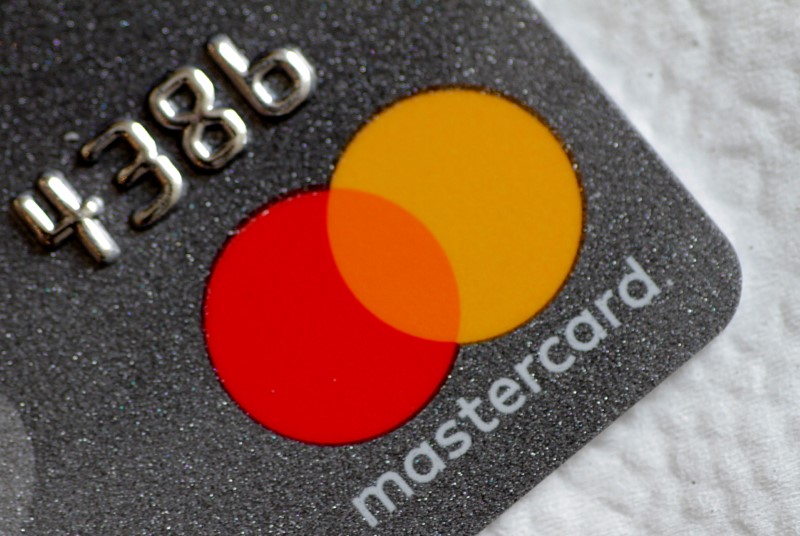Nvidia AI chips targeted in China customs crackdown- FT
Investing.com-- The Reserve Bank of Australia on Tuesday released a consultation paper proposing the removal of surcharges on card payments by consumers, while also lowering the cap on interchange fees paid by businesses.
The RBA said that it found consumers paid roughly A$1.2 billion ($790 million) annually in card surcharges, but that the charges were no longer achieving their intended purpose of pushing consumers towards efficient payment choices.
The declining use of cash has also made avoiding surcharges more difficult, given that businesses are charging a uniform rate across debit and credit cards.
“Removing surcharging would make card payments simpler, more transparent and help to increase competition in the card payments system,” the RBA said in a statement.
Additionally, the central bank also proposed lowering the cap on interchange fees– a fee paid between banks for processing card transactions, stating that the move could save Australian businesses about A$1.2 billion a year.
The RBA said about 90% of local businesses will be better off under the proposal, with small businesses expected to benefit the most.
The RBA also proposed making card operators and large processors publish the fees they charge on transactions, increasing transparency.
The RBA’s proposals stand to lower some costs for Australian consumers, potentially boosting their appetite for spending. This is expected to help buoy the Australian economy to some extent, given that consumption is a major economic driver and source of tax revenue.
Sticky inflation and heightened economic uncertainty dented private spending over the past two years, although it was seen recovering marginally this year. Government subsidies on select goods and utilities also aided this trend.
But the removal of surcharges stands to potentially impact the revenues of major card operators and payment processors, and could see some pushback from the industry against the proposal.
